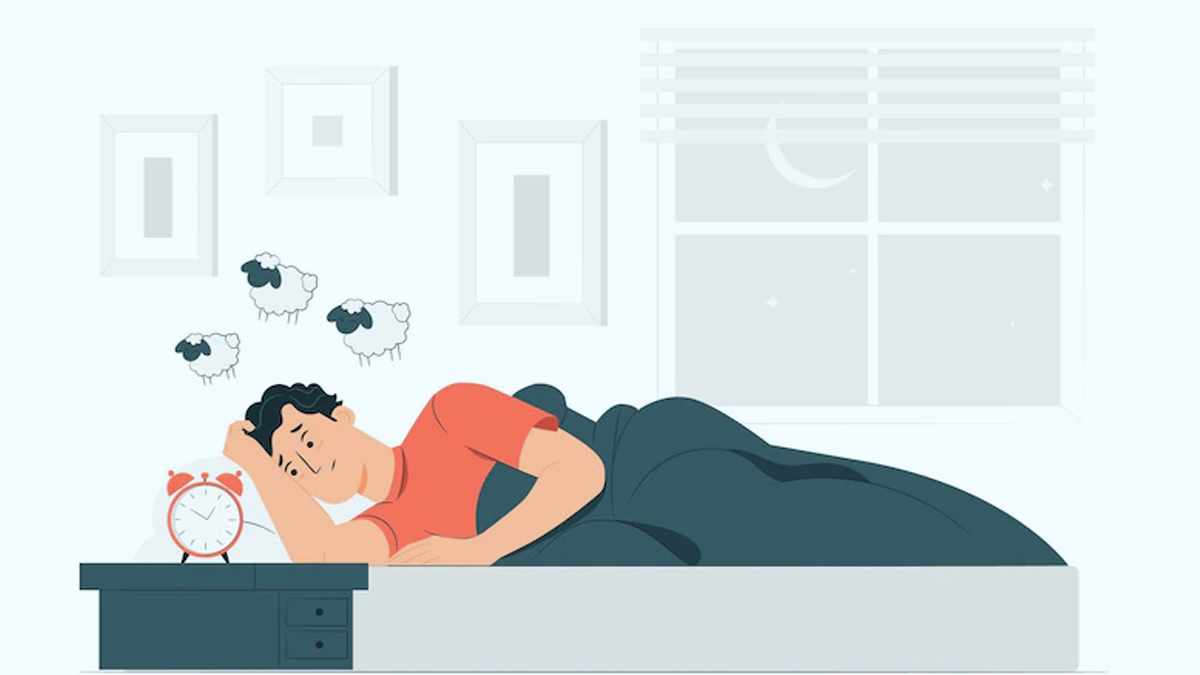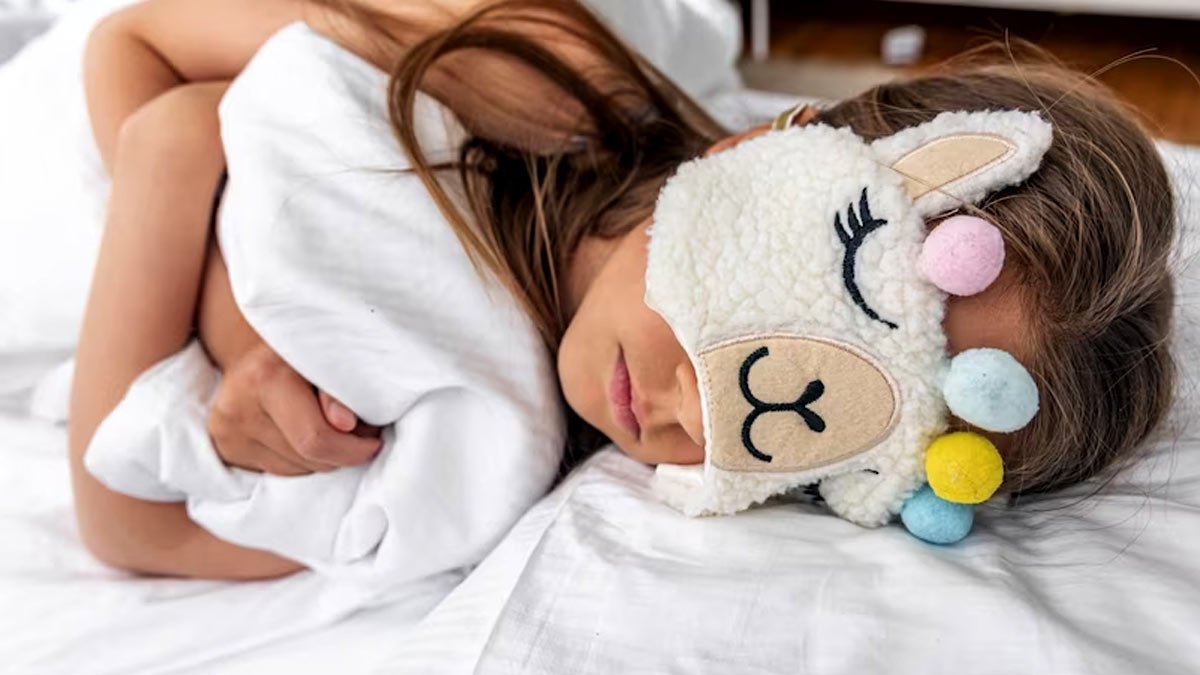
Good sleep is as important as proper eating and exercise. While everyone should make sure they receive enough sleep every night, restlessness, or Insomnia, can afflict anyone, regardless of their health history.
Table of Content:-
One of the most common sleep disorders affecting adolescents and young adults is ‘Delayed Sleep Phase Syndrome’. This condition typically develops in teens and continues into early adulthood as well.
What Exactly Is Delayed Sleep Phase Syndrome?
“It is a pathological shift with an average delay in the timing of sleep onset. Due to this condition, teenagers or youngsters typically go to bed between 1 a.m. and 4 a.m. and wake much later,” said Dr Jayesh Sardhara, Senior Consultant - Neuro & Spine Surgery, Fortis Hospital, Mulund, Mumbai.
When this happens in the long run, it can lead to significant sleep deprivation, especially if the people's work-life does not allow them to wake up late.
Delayed sleep phase syndrome is rather prevalent. It can occur at any age, but it is more common in teenagers and young adults. According to Sleep Doctor, it affects about 15% of adolescents and adults.
"Adolescents who have shorter sleep durations have also been shown to be more likely to be overweight. However, causation is difficult to determine because most epidemiological studies are observational. There are also confounding factors to consider. Being active most of the time daily while accessing media or entertainment can result in shorter sleep duration and be associated with Obesity through other associations of a sedentary lifestyle," Dr Sardhara added.
What Are The Most Prominent Factors That Contribute To Sleeplessness
In the past, sleep problems were often associated with older adults; however, now, young people are also experiencing difficulties with sleep for various reasons. A recent survey has said that Insomnia is now affecting many young adults. Ahead are some common factors that can contribute to sleeplessness in younger individuals:
Stress and anxiety
Young people, especially teenagers and college students, often face high-stress levels due to academic pressure, social challenges, or personal issues. Stress and Anxiety can make it difficult to fall asleep or stay asleep at night.
Also read: Expert Explains The Hidden Connection Between Snoring, Sleep Apnoea, And Heart Health
Irregular sleep schedule
Younger individuals may have erratic sleep patterns due to a busy lifestyle, irregular work or study hours, or late-night social activities. Inconsistent sleep schedules can disrupt the body's natural sleep-wake cycle, leading to sleeplessness.

Overuse Of Electronic Devices
The excessive use of electronic devices, including smartphones, tablets, and computers, before bedtime can interfere with sleep. Since these devices emit a blue light that suppresses the production of Melatonin, a hormone that is important for regulating sleep, using them, especially at night, can make it harder for anyone to fall asleep.
Increased caffeine and stimulant consumption
Young people consume caffeinated beverages like coffee, energy drinks, or sodas to stay awake and alert. The stimulating effects caused by caffeine consumption can interfere with sleep and contribute to sleeplessness, especially if consumed close to bedtime.
Mental health conditions
Conditions like Depression, Anxiety disorders, or Attention Deficit Hyperactivity Disorder (ADHD) are becoming quite prevalent among younger individuals, which can disrupt standard sleep patterns. These conditions may cause difficulty falling, staying, or experiencing restful sleep.
Poor sleep habits
Unhealthy sleep habits, such as going to bed too late, having an uncomfortable sleep environment, or engaging in stimulating activities before bedtime (e.intense exercise or watching thrilling movies), can contribute to sleeplessness in younger people.
Medical conditions
Certain conditions, such as chronic pain, respiratory problems (like Asthma), or hormonal imbalances, can interfere with sleep and cause Insomnia in younger individuals.
Also read: Worried About Jet Lag? Here’s Your Ultimate Guide to Fixing Your Sleep Cycle
Good quality sleep has many benefits, and if sleeplessness persists and significantly affects daily functioning, it is advisable to consult a doctor or a sleep specialist. They can help identify the underlying causes of Insomnia and provide appropriate guidance and treatment options to improve sleep.
Finding the root cause of sleeplessness is significant. While many external factors cannot be controlled, specific sleep disorders also need a proper diagnosis from a medical professional.
Also watch this video
Read Next
Fertility Expert Sheds Light On The Success Rates of Frozen Eggs and Sperm Cryopreservation
How we keep this article up to date:
We work with experts and keep a close eye on the latest in health and wellness. Whenever there is a new research or helpful information, we update our articles with accurate and useful advice.
Current Version